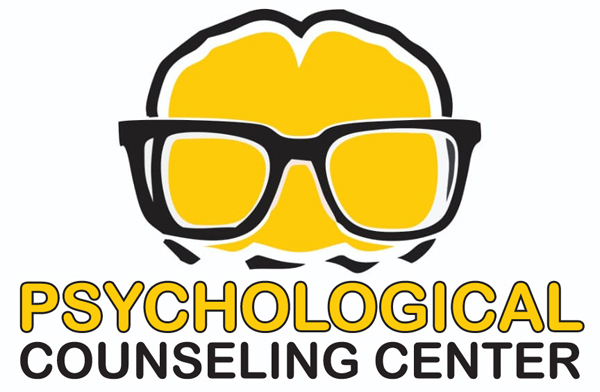
Free Call
+91 7219808608
psychologicalcounselinghelp@gmail.com
Visit Us Mon to Fri 10.00 AM - 6.00 PM
Address Center
Behind Sawji Hospital, Bramhapuri
